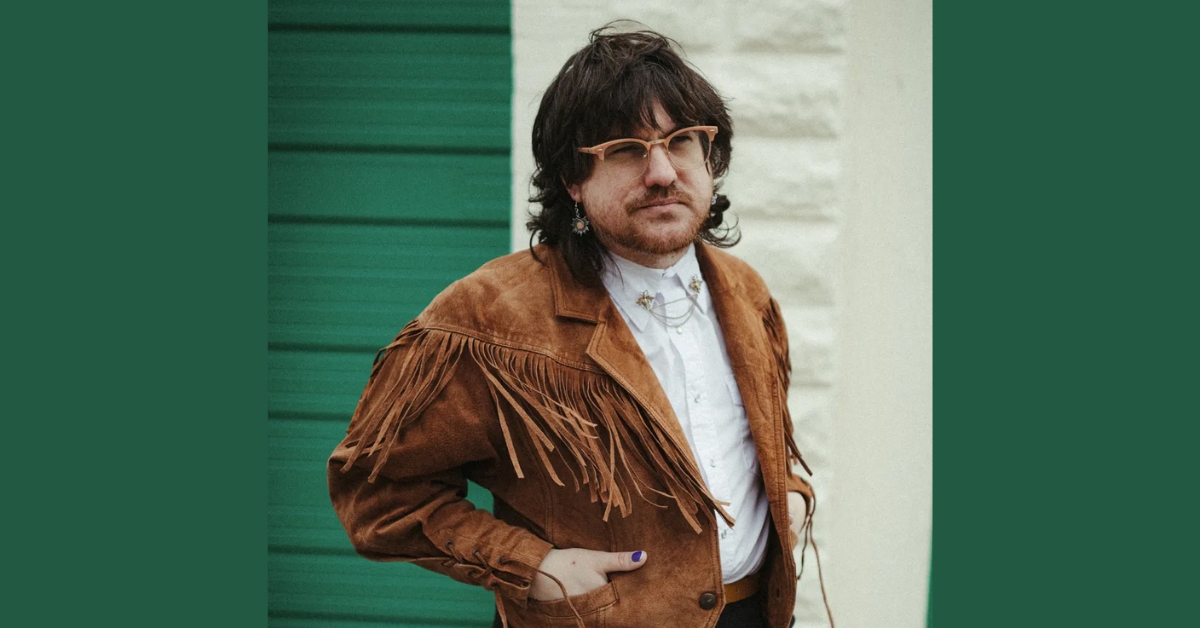Logjam Presents is pleased to welcome back Jason Isbell and the 400 Unit for a live concert performance at the KettleHouse Amphitheater on Sunday, July 14, 2024.
Tickets are on sale now at The Top Hat, The ELM & online. General Admission standing pit tickets, reserved stadium seating tickets, and general admission lawn tickets are available. Shuttle and parking tickets for this event are also available for advance purchase here. All ages are welcome.
Available Ticket Types:
General Admission Pit: General admission pit tickets allow access to the standing room only section located directly in front of the stage.
Reserved Premium Stadium Seating: Reserved Stadium seating tickets allow access to the reserved, stadium-style seating section located just behind the main pit of the amphitheater.
Reserved Stadium Seating: Reserved Stadium seating tickets allow access to the reserved, stadium-style seating section located just behind the main pit of the amphitheater.
General Admission Lawn: General Admission Lawn tickets allow access to the upper standing section of the amphitheater located just above the reserved stadium seating section.
Take a look at these tips to best prepare yourself for a smooth ticket buying experience.
Additional ticketing and venue information can be found here.
All concerts are held rain or shine. Be prepared for extremes such as sunshine, heat, wind or rain. All tickets are non-refundable. In the event of cancellation due to extreme weather, tickets will not be refunded.


